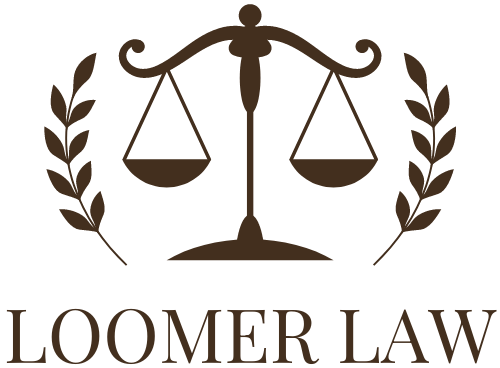What We Can Learn from Weinberg v. Gavigan (2024): Key Takeaways for Fiduciaries
Understanding the Importance of Fiduciary Responsibility
The Weinberg v. Gavigan (2024) case serves as a crucial reminder of the legal and ethical duties fiduciaries must uphold. This case highlights the risks of mismanaging trusts and conservatorships, particularly when family members are involved. Fiduciaries—including trustees and conservators—must always act in the best interests of the beneficiaries and ensure full transparency in financial management.
Case Overview: What Happened?
This case involved two siblings, Susan and Stephen, who were responsible for managing their mother, Rita Weinberg’s, financial affairs:
-
Susan served as conservator, overseeing their mother’s financial management.
-
Stephen acted as successor trustee, responsible for managing the family trust.
The legal dispute arose when Stephen accused Susan of financial mismanagement, alleging that she used funds for personal benefit and failed to maintain proper records. This disagreement escalated to the California Court of Appeal, which ultimately ruled on the fiduciary responsibilities in question.
Key Legal Lessons from the Case
1. Fiduciaries Must Keep Accurate Records
The court emphasized the importance of clear, detailed financial records. Susan’s failure to document transactions led to serious legal consequences. Fiduciaries must track every financial action and provide transparent reports to beneficiaries and the court.
2. Self-Dealing Is a Violation of Fiduciary Duty
Susan’s alleged misuse of funds for personal benefit is a clear example of self-dealing, a direct violation of fiduciary duty. Fiduciaries must never use trust or conservatorship assets for personal gain—even with the intention of repaying them later.
3. Trustees Have a Duty to Protect the Trust
As successor trustee, Stephen had an obligation to question suspicious transactions. The court reinforced that trustees must take immediate action if they suspect financial misconduct, ensuring trust assets remain protected for the beneficiaries.
4. Transparency Prevents Legal Disputes
One of the biggest takeaways from this case is the necessity for open, honest communication with beneficiaries. Fiduciaries who fail to disclose financial decisions can face lawsuits, removal from their position, and legal penalties.
Why This Case Matters for Fiduciaries
The Weinberg v. Gavigan case is a wake-up call for anyone serving as a trustee, executor, conservator, or financial guardian. It reinforces the importance of:
✅ Keeping meticulous financial records
✅ Avoiding conflicts of interest and self-dealing
✅ Acting in the sole interest of the beneficiary
✅ Maintaining transparency in all transactions
By following these principles, fiduciaries can avoid legal complications and uphold their legal and ethical responsibilities.
Final Thoughts: Protecting Yourself as a Fiduciary
If you are managing a trust or conservatorship, always prioritize integrity, transparency, and legal compliance. Failure to do so can result in legal consequences, loss of position, and damage to personal and professional reputation.
💡 Need Legal Guidance? If you’re a fiduciary with questions about compliance and best practices, consulting an experienced fiduciary attorney can help you navigate your responsibilities effectively.
Legal Disclaimer
This article is for informational purposes only and does not constitute legal advice. The information provided herein is based on general legal principles and may not apply to specific cases. Laws and regulations may change, and interpretations may vary. If you require legal assistance regarding fiduciary duties, conservatorship, or trust management, please consult a qualified attorney licensed in your jurisdiction.



